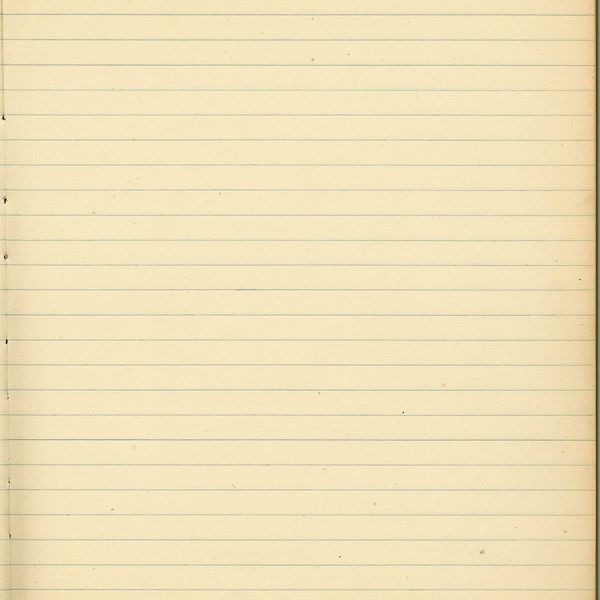I have always enjoyed writing. I did well on most of my papers in high school, then I continued my writing career into college as a Professional Writing and Communication double-major. At school, I was writing on a daily basis, but now that I'm home for the summer, I have less time to write. I'm either at work, asleep, or hanging out with my friends, but these are only excuses. There is always time to write.
This article is as much for myself, as it is for anyone else who wishes to improve their writing skills. Ultimately, I plan to develop a daily writing habit in order to write more consistently. These tips will serve as a reminder to motivate myself to write more frequently and make more of an effort to improve my writing skills.
1. Write, write, write.
The most important thing to do to improve your writing is to keep writing. Set aside 10 to 20 minutes a day to sit down and write. You can write about anything you want. Just keep spilling words onto the paper. You will develop your own voice and style, and writing will become easier. Practice makes perfect.
2. Prepare for writers block.
Brainstorm a list of topics to write about that you can refer to when you have writers block. The list can include questions to reflect on or ideas for a short story. You can write about a movie, something in the news, a childhood memory, a work experience, a book, your opinion on social media, or a cause you support.
3. Read.
Reading is just as important as writing. Reading other people's work allows you to figure out what style of writing your own fits into. Your own writing will gradually improve as you read more sophisticated writing. Increasing the amount of read and writing you do will greatly increase your writing ability.
4. Imitate other writer's style.
Study a piece of poetry, and try to write a poem in a similar form. Find authors whose writing talents you admire, read their work, and let yourself become inspired. Pay attention to the various sentence pattern in each writer's work, and create new sentences while imitating their sentence pattern. This will help you write in formats that are outside your comfort zone to widen your writing abilities.
5. Reference a thesaurus or dictionary while you write.
Keep a thesaurus or dictionary close by so you can check your work as you go along. Challenge yourself to expand your vocabulary, and learn new words to incorporate into your writing.
6. Edit your work.
After you finish writing, you should sleep on it for the night, and read the piece again in the morning with a fresh set of eyes. Taking a break from your work allows you to read it more objectively than if you edit the piece immediately after you finish writing it.
7. Have someone else proofread your work.

Not only should you edit your work, but you should also ask one or two other people to read and edit your work.
8. Practice clear and concise writing.
Choose your words carefully and avoid adding "fluff," or unnecessary words that only take up space. You can practice concise writing by rewriting sentences with fewer words. Be specific when you write, and make sure each word has a purpose.
9. Play with punctuation.
Experiment with punctuation in your writing to spice up your style. Use commas, colons, semi-colons, parentheses, exclamation points, and question marks! Keep your reader engaged by switching up the flow of your sentences.
10. Read your work out loud.
When you're editing your writing, read it to yourself out loud, so you are more likely to catch mistakes your mind might automatically correct for you while you read it in your head. Reading your work out loud also lets you hear if a sentence is written awkwardly.
11. Keep it simple.
Good writers know when to spice up their writing and when to tone it down. Sometimes a short, simple sentence is just as impactful as a long, complicated sentence.
12. Show, don't tell.
Instead of saying you spent the day at the beach and went out to dinner before going home, engage all five senses (sight, smell, taste, sound, touch) in the story. Describe how blue the sky is and the other beach goers. Talk about the smell of the salt water, and the screech of the seagulls. Write about the juicy burgers and crispy fries you ate for dinner. Describe the painful sunburn the hot sun left you with. Utilizing the senses and being descriptive will greatly improve your writing.
Good luck with your writing!
































